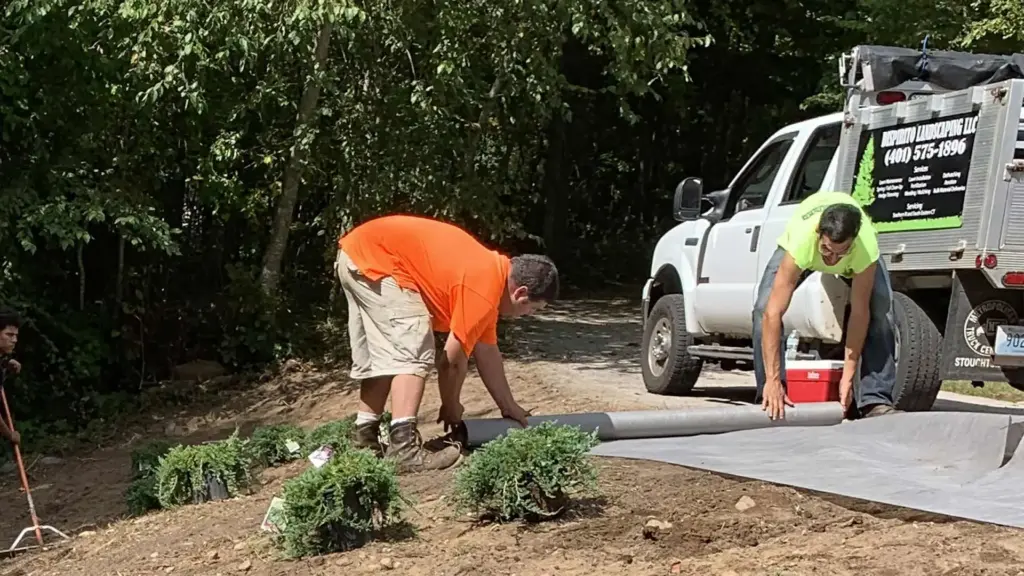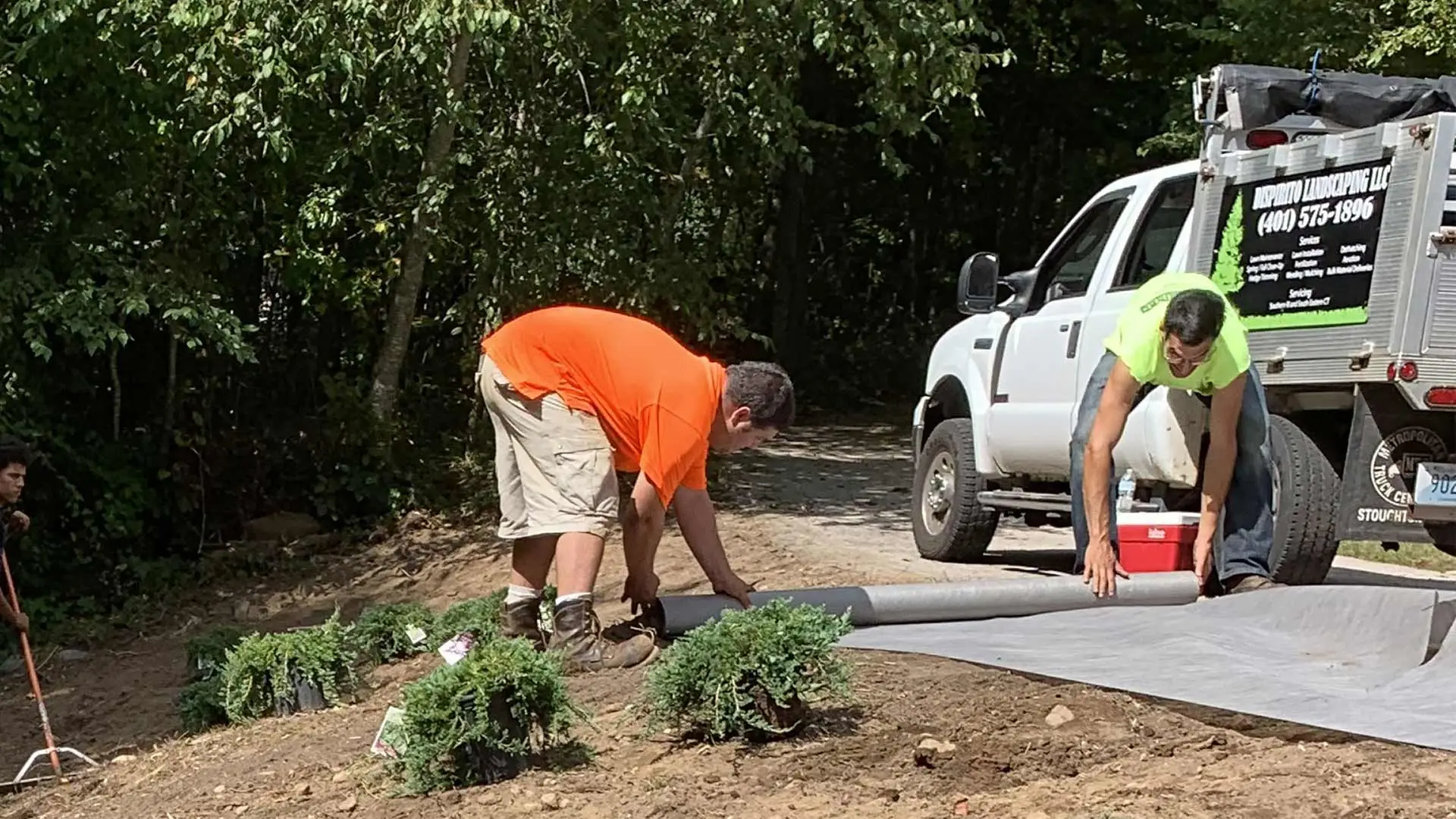
Cultivating Your Career: Exploring Landscape Jobs and Opportunities
The landscaping industry offers a diverse range of landscape jobs, appealing to individuals with varying skill sets and interests. From hands-on roles in garden maintenance to design-oriented positions shaping outdoor spaces, the sector provides numerous pathways for professional growth. This article delves into the various types of landscape jobs available, the required qualifications, and the potential for career advancement.
Understanding the Landscape Industry
Before exploring specific landscape jobs, it’s crucial to understand the industry’s breadth. Landscaping encompasses a wide array of services, including design, installation, maintenance, and environmental management. Companies within the sector may specialize in residential projects, commercial properties, public spaces, or a combination thereof. Understanding these nuances can help job seekers target their applications effectively.
Key Sectors Within Landscaping
- Residential Landscaping: Focuses on designing, installing, and maintaining gardens, lawns, and outdoor living spaces for homeowners.
- Commercial Landscaping: Involves managing the landscaping needs of businesses, office parks, and retail centers.
- Public Sector Landscaping: Deals with the upkeep of parks, roadways, and other public green spaces.
- Environmental Landscaping: Emphasizes sustainable practices and ecological restoration.
Popular Landscape Job Roles
The landscaping industry boasts a wide array of landscape jobs. Here are some of the most common and sought-after positions:
Landscape Architect
Landscape architects are responsible for designing outdoor spaces, taking into account aesthetic appeal, functionality, and environmental impact. They create detailed plans, select appropriate plants and materials, and oversee the construction process. This role typically requires a bachelor’s or master’s degree in landscape architecture and often involves licensing.
Landscape Designer
Similar to landscape architects, landscape designers focus on the aesthetic aspects of outdoor spaces. However, their role may be less technical and more focused on creative design solutions. A degree in landscape design or horticulture is often preferred. Strong communication skills and a keen eye for detail are essential for securing landscape jobs in this field.
Landscape Contractor
Landscape contractors are responsible for the practical execution of landscape designs. They manage construction crews, procure materials, and ensure that projects are completed on time and within budget. A background in construction management or horticulture is beneficial.
Groundskeeper/Landscape Maintenance Worker
Groundskeepers and landscape maintenance workers perform routine tasks such as mowing lawns, trimming shrubs, weeding gardens, and irrigating plants. These landscape jobs often require physical stamina and a basic understanding of horticultural practices. [See also: Landscape Maintenance Best Practices].
Irrigation Technician
Irrigation technicians specialize in the design, installation, and maintenance of irrigation systems. They ensure that plants receive adequate water while minimizing water waste. Knowledge of plumbing, electrical systems, and water conservation techniques is crucial. Many landscape jobs in this area require certification.
Arborist
Arborists are tree care specialists who diagnose and treat tree diseases, prune branches, and ensure the overall health and safety of trees. Certification from the International Society of Arboriculture (ISA) is often required.
Sales and Account Manager
These professionals are responsible for generating new business, managing client relationships, and ensuring customer satisfaction. Strong communication, sales, and negotiation skills are essential. Knowledge of landscaping services and products is also beneficial. Landscape jobs in sales offer competitive commissions and the chance to grow a company’s client base.
Essential Skills for Landscape Jobs
Regardless of the specific role, certain skills are essential for success in the landscaping industry:
- Horticultural Knowledge: Understanding plant species, growth habits, and maintenance requirements.
- Technical Skills: Proficiency in operating landscaping equipment, such as lawnmowers, trimmers, and irrigation systems.
- Physical Stamina: The ability to perform physically demanding tasks outdoors in various weather conditions.
- Communication Skills: Effective communication with clients, colleagues, and supervisors.
- Problem-Solving Skills: The ability to identify and resolve landscaping issues efficiently.
- Design Skills: For design-related roles, a strong eye for aesthetics and the ability to create visually appealing landscapes.
Education and Training for Landscape Jobs
The educational requirements for landscape jobs vary depending on the specific role. Some positions, such as groundskeeping, may only require a high school diploma or GED. Others, such as landscape architecture, require a bachelor’s or master’s degree.
Formal Education
Degrees in landscape architecture, landscape design, horticulture, and related fields provide a solid foundation for a career in landscaping. These programs typically cover topics such as plant science, design principles, construction techniques, and business management.
Vocational Training
Vocational schools and community colleges offer certificate programs and associate degrees in landscaping and horticulture. These programs provide hands-on training in specific skills, such as lawn care, irrigation, and tree care. [See also: Choosing the Right Landscaping Certification].
On-the-Job Training
Many landscape jobs provide on-the-job training, allowing employees to learn new skills and advance their careers. This type of training is particularly common for entry-level positions.
Career Advancement in Landscaping
The landscaping industry offers ample opportunities for career advancement. Entry-level workers can progress to supervisory roles, while experienced professionals can move into management or ownership positions. The availability of landscape jobs is constantly growing. Some potential career paths include:
- Crew Leader: Supervising a team of landscape maintenance workers.
- Project Manager: Overseeing landscaping projects from start to finish.
- Landscape Designer: Creating landscape designs for residential and commercial clients.
- Landscape Architect: Planning and designing large-scale outdoor spaces.
- Business Owner: Starting and managing a landscaping company.
Finding Landscape Jobs
Several resources can help job seekers find landscape jobs:
- Online Job Boards: Websites such as Indeed, LinkedIn, and Glassdoor list a wide range of landscaping positions.
- Company Websites: Many landscaping companies post job openings on their websites.
- Networking: Attending industry events and connecting with landscaping professionals can lead to job opportunities.
- Recruiting Agencies: Some recruiting agencies specialize in placing candidates in the landscaping industry.
The Future of Landscape Jobs
The landscaping industry is expected to continue growing in the coming years, driven by factors such as population growth, increasing urbanization, and a growing awareness of the benefits of green spaces. This growth will create new landscape jobs and opportunities for individuals with the right skills and qualifications.
Furthermore, advancements in technology, such as automated lawnmowers and smart irrigation systems, are transforming the landscaping industry. Professionals who are proficient in these technologies will be in high demand.
Conclusion
The landscaping industry offers a diverse range of landscape jobs, appealing to individuals with various skills and interests. From hands-on maintenance roles to design-oriented positions, the sector provides numerous pathways for professional growth. By understanding the different types of jobs available, acquiring the necessary skills and education, and actively seeking out job opportunities, individuals can cultivate a successful and rewarding career in landscaping.

